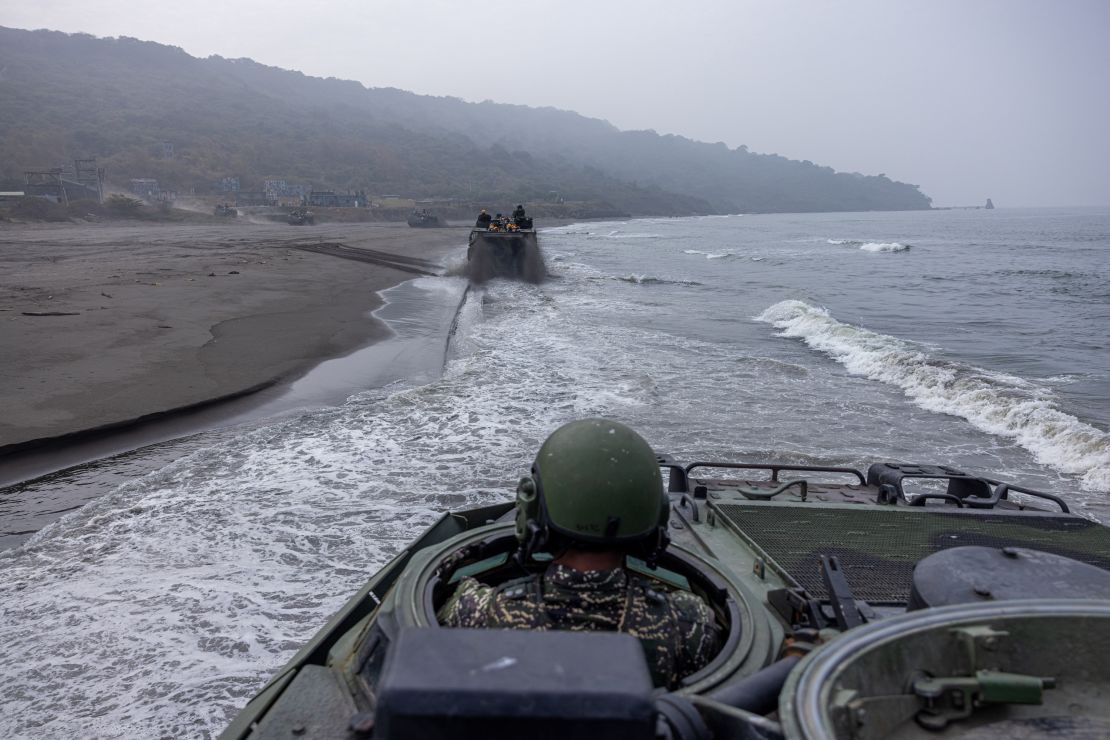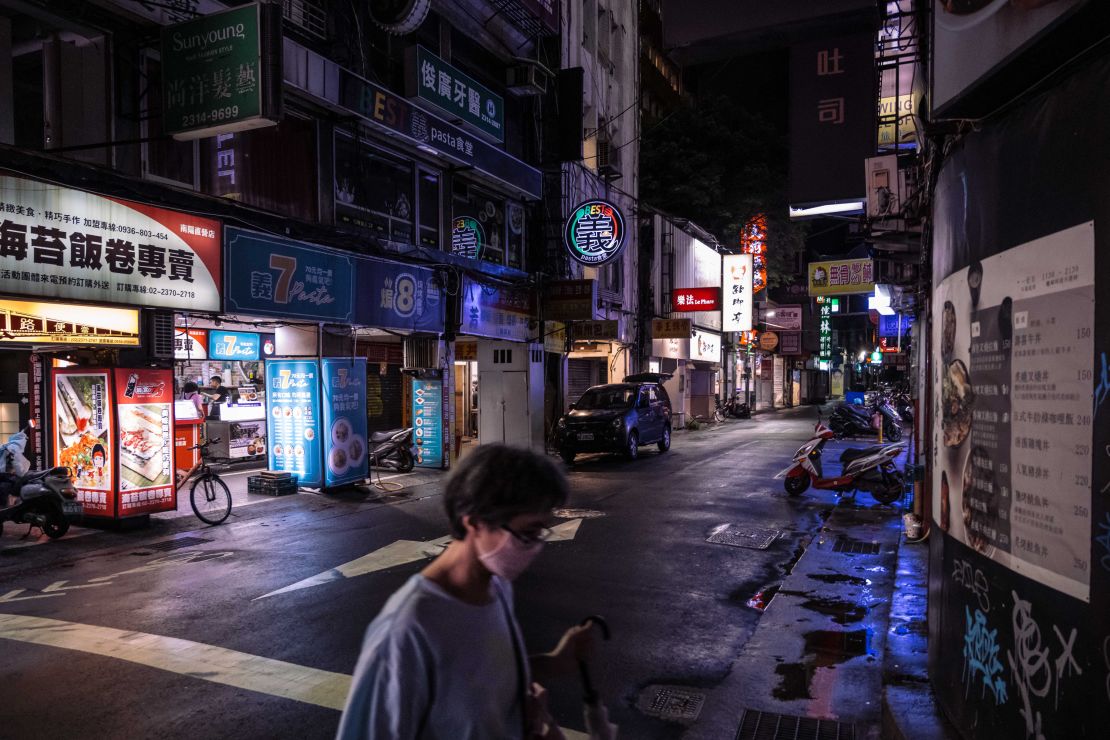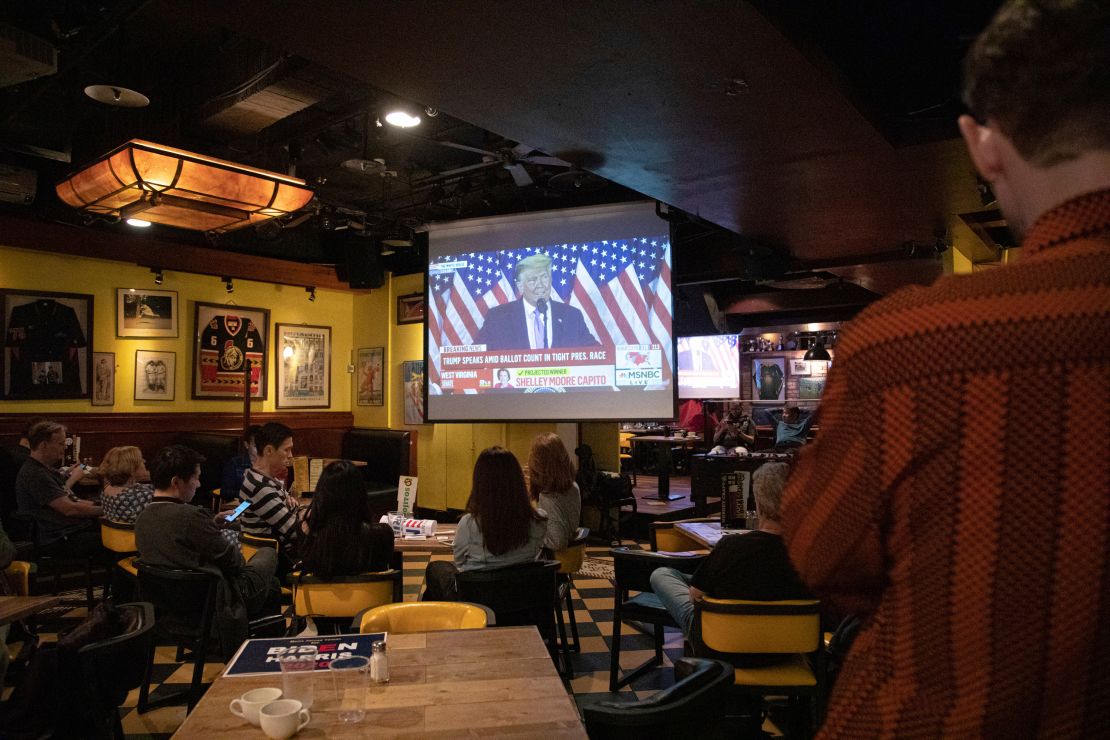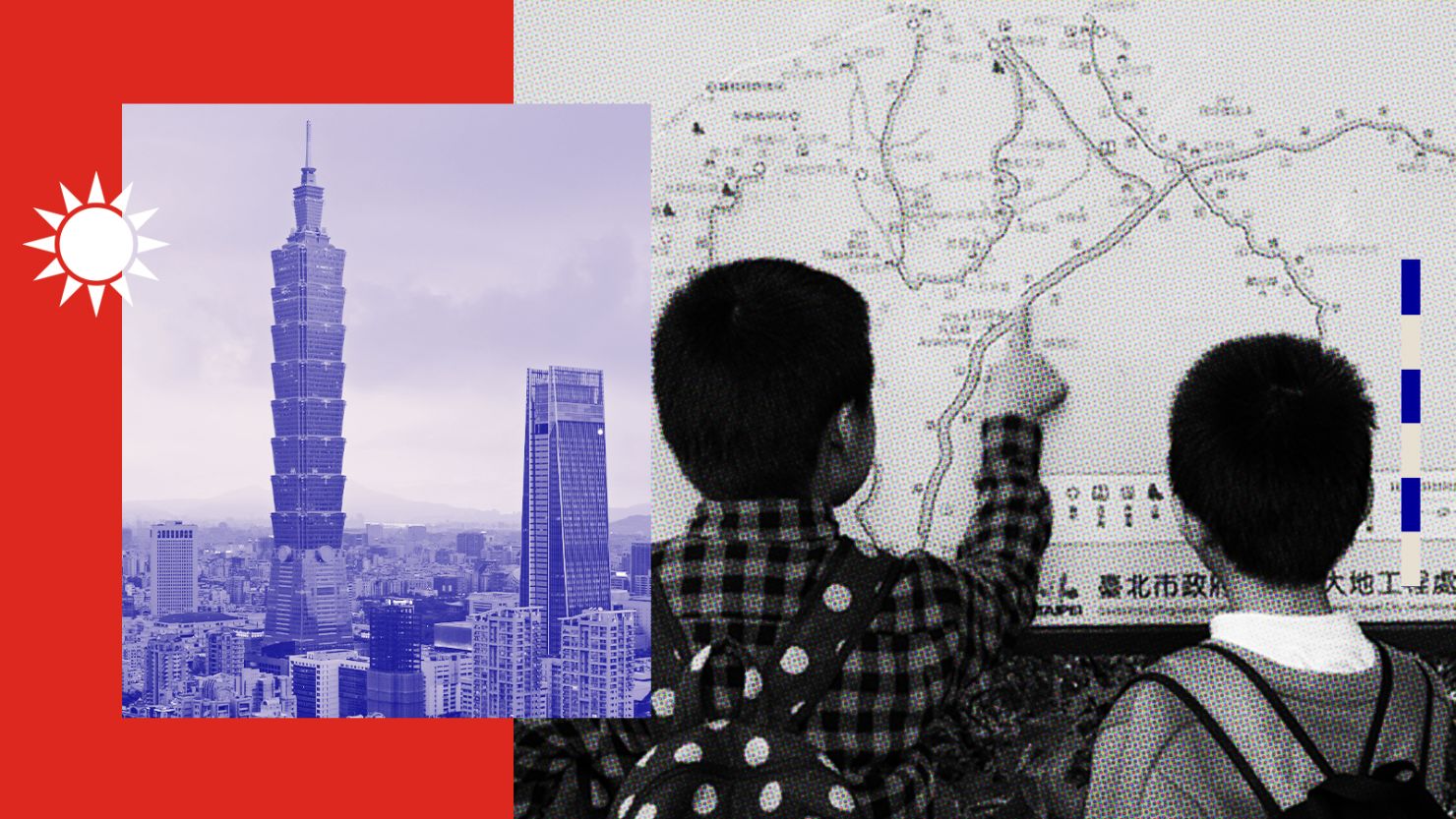
Editor’s Note: Clarissa Wei?is a Taiwanese American journalist and author living in Taipei. Her cookbook, “Made in Taiwan: Recipes and Stories From The Island Nation,” was published in 2023.?The views expressed in this commentary are her own.?
When my parents were growing up in the 1970s, they did not consider Taiwan an idyllic place to start a family. It was under martial law and the steady drumbeat of threats from China only seemed to be getting louder with each passing year. My dad still remembers the anxiety that engulfed the island when the United States cut off diplomatic recognition of Taiwan in favor of?the People’s Republic of China in 1979. “We weren’t sure if America would protect us if there was conflict,” he told me.
And so, in their late 20s, they left everything they knew and moved to the suburbs of Los Angeles where I was born. They weren’t the only ones; roughly 20%?of Taiwanese college graduates?went abroad for advanced study?in the 1970s and 1980s. Few returned.
2024: THE VIEW FROM AFAR
This article is part of a CNN Opinion series where each month leading up to the US election, a writer in a different country explores how locals view America and why the choice of the next president matters to them.
My parents considered America a safe haven and wanted me to grow up with all its comforts. Whereas they grew up in cramped moldy buildings, I spent my childhood in a four-bedroom house with a backyard and a swimming pool.
Whereas they walked to school on uneven sidewalks in a cloud of pollution, my mother drove me to school every day in a comfy SUV. My parents were raised under the shadow of?martial law, where folks were jailed and killed for speaking their mind. I was raised in the land of the free, where freedom of speech is enshrined in the constitution as a human right.
And yet, decades later, I ended up doing the exact opposite of what my parents did. In 2020 at the cusp of the global pandemic, I moved to Taiwan with my husband. Last year, I gave birth to a baby boy in Taipei.
Threats from China have not abated. In fact, tensions have reached such historic highs that Taiwan is often dubbed “the world’s most dangerous place” by international analysts. This perception is so pervasive that every time my husband and I leave Taiwan, we are greeted with wide-eyed concern by friends and family.?Are we safe in Taiwan? Do we think China will attack?

Though my perspective may be myopic (given the very real possibility of conflict and a?military blockade) and comes from a place of privilege (I am a dual citizen of both Taiwan and the United States), there’s currently nowhere else I’d rather be.
How Taiwan overtook America
A lot has changed over the past 30 years as Taiwan has transitioned from a dictatorship to a vibrant democracy.
In Taiwan,?power is handed over peacefully?while it’s no longer a?certainty in the US.?
In Taiwan, guns are illegal. In America, guns?are a leading cause of death to children.
Taiwan has universal health care; I can pop into any clinic or hospital for immediate and affordable treatment. My entire medical record can be accessed instantaneously via a chip on my health card. In America, medical insurance is opaque and not guaranteed.
The contrasts are especially stark now that I am a new mother. The Taiwanese subway system has designated seating areas for pregnant women and children, and there are breastfeeding rooms at every major station.
The city has free play centers for children stocked with a wide range of toys. All new parents in Taipei are eligible for monthly cash handouts, and certified daycares and at-home nannies services are subsidized by the city government. In the States, only low-income families qualify for financial aid.
Of course, comparing the United States and Taiwan this way without acknowledging the nuanced socio-political contexts can be misleading. While the American health care system is notoriously difficult to navigate, it is far more advanced and?state-of-the-art?than Taiwan’s.
While Taiwan is great for babies, it?can be stressful for school-aged children; the education system emphasizes rote memorization and stifles?creative freedom. My husband and I are not convinced we want to stay in Taiwan forever, but America, with its shocking?lack of family-friendly policies, is on the bottom of the list of places we’d consider moving to.

Thinking beyond Trump
Many Taiwanese people still hold the United States in high regard, but more as a military ally and defender of the island. During the 2020 American presidential election, many in?Taiwan rooted for Donald Trump specifically because of his aggressive anti-China rhetoric.
During this year’s election cycle, however, opinions are much more muted. President Joe Biden has defied skeptics by maintaining a tough stance?against China?over the last four years and pro-Trump sentiments have waned considerably, especially in light of?recent comments by the former president?accusing Taiwan of taking away America’s semiconductor business.
“As long as the United States continues to show both symbolic and substantive support and collaboration with Taiwan, I don’t think Taiwanese people actually care who the next US president is,“?Wei-Ting Yen, an assistant professor at Franklin & Marshall College in the US who specializes in Asian countries, told me over a video call.
The biggest shift, then, has been how the people of Taiwan perceive the United States. While it?remains a popular immigration destination?for those who can afford it, America has lost its luster as a sanctuary. My friends in the States are convinced I’m living in a highly volatile and dangerous place. But Taiwanese people harbor similar beliefs about the States.
Recently at a Chinese medicine shop in Taipei, the owner asked if I felt safe walking down the streets of Los Angeles. He was under the impression that all the major American cities had become wildly unsafe in the last couple of years, rampant with crime and shootings. “Aren’t there guns everywhere?” he asked sincerely. “It sounds so messy.”
“I’m definitely more comfortable here,” I responded, not wanting to get into the specifics.
He nodded deeply. “Taiwan is safer,” he said.

A reverse retirement
It’s not so much that the United States has become more dangerous (that is the perception, but?statistics show?otherwise); it’s more that I have gotten used to letting my guard down. In Taipei, I can walk down dark alleyways long past midnight with my purse wide open without fear of getting robbed. I can leave my phone, wallet and laptop on a coffee shop table, go to the bathroom, and be certain that my possessions will all be there when I come back. Some of my friends don’t even lock their front doors. I would not feel comfortable doing any of the above in America.
According to last year’s?Global Peace Index, Taiwan is the 33rd most peaceful state or territory in the world. The United States, on the flip side, is the 131st.
Last year when my husband and I were in the San Francisco Bay Area for a wedding, our friends instructed us not to not leave anything valuable in the car. Coming from Taiwan, we didn’t think much of the advice, until we were looking for parking one day and noticed all?the broken car window glass on the streets.
Lately, my parents and many of their friends living in the US have been planning their retirement to Taiwan. Emboldened with dual citizenship and the option of being able to leave the island in the worst-case scenario, they are no longer affected by the anxiety of their youth.
Now in his 60s, my father is convinced the Chinese threat will not materialize. While I don’t agree with him, I understand his point of view. Cross-strait tensions have been strained for seven decades already and, with each passing year, the conflict feels more abstract in spite of the?heightened rhetoric?and?airspace incursions?because, eventually, you become numb to it.
China’s?Communist Party considers Taiwan a part of its territory?- despite never having controlled it. They have not ruled out force to annex Taiwan.

The possibility of war hangs over like a persistent dark cloud. If you think about it long enough, it makes you nervous and clammy. But because it’s a plausibility, not an immediate reality, it’s easy to ignore. If anything, political violence and upheaval in the States seems far more likely, especially since it would not be?unprecedented.?On a day-to-day basis, at least, Taiwan seems like the more sensible place to live.
I asked my dad?—?a lifelong Republican — who he believed was a bigger threat this year: Chinese president Xi Jinping or former president Donald Trump.
He responded without hesitation. “Trump,” he said. “Because he’s more unpredictable.”
